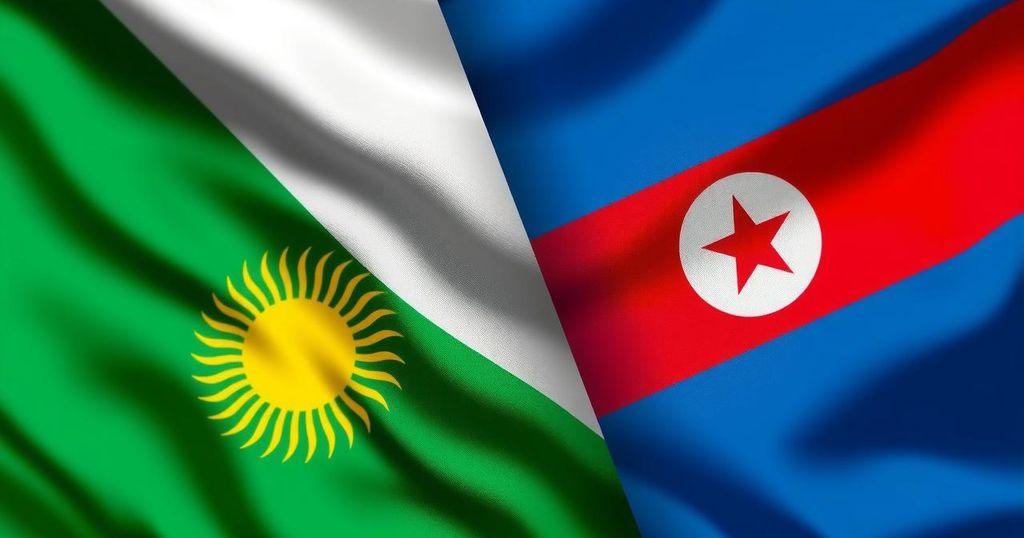Kyrgyzstan and Tajikistan have finalized a border demarcation deal, potentially ending longstanding territorial disputes rooted in Soviet-era divisions. Following violent clashes, including one in September 2022, the agreement marks a positive shift in relations between the two nations. Negotiations were conducted in an amicable atmosphere, reflecting broader diplomatic progress in Central Asia amidst reduced Russian influence.
On Wednesday, Kyrgyzstan and Tajikistan announced the finalization of a border demarcation agreement, potentially bringing an end to long-standing territorial disputes that have persisted since the dissolution of the Soviet Union. This agreement concludes negotiations regarding the 970-kilometer border, which had been a source of recurring conflicts over access to critical water resources in the region. The decision was reached by the heads of the intelligence agencies of both nations, following a series of violent confrontations, the latest being in September 2022, which resulted in approximately 100 fatalities.
The border line, characterized by its challenging mountainous terrain, had not been fully demarcated, creating a sustained source of tension. Images shared by both governments illustrated the moment when Kyrgyz security chief Kamchybek Tashiev and Tajik counterpart Saimumin Yatimov engaged in a ceremonial handshake during their meeting in Batken. The atmosphere of the meeting was described as cordial, characterized by mutual understanding and a commitment to finalize further demarcation details.
Historical disputes between Kyrgyzstan and Tajikistan can be traced back to Soviet-era administrative divisions, which inadequately considered geographical realities and resource distribution. The agreements between the two nations appear to reflect a broader trend of improving diplomatic relations within Central Asia, as demonstrated by previous discussions between Kyrgyz President Sadyr Japarov and Tajik President Emomali Rakhmon at the United Nations summit last year. While Russia is traditionally seen as a stabilizing power in the region, its focus on the Ukraine conflict has limited its involvement, allowing other powers like China, Turkey, and the European Union to seek influence in Central Asia.
As both nations push forward with the demarcation of their borders, the recent agreement signifies hope for stability and enhanced cooperation in a region marked by historical grievances and geopolitical interests. The commitment to resolve these border disputes not only serves the interests of Kyrgyzstan and Tajikistan but also contributes to a more stable Central Asian landscape.
The border dispute between Kyrgyzstan and Tajikistan is deeply rooted in the colonial administrative practices of the Soviet Union. Upon independence in 1991, the vague delineations became contentious due to their implications on resource access, particularly concerning water. Central Asia experiences significant environmental challenges exacerbated by climate change, making access to water resources all the more critical. The region was further destabilized by recent armed conflicts, prompting the need for a coherent and peaceful resolution to these disputes, which have resulted in violence and displacement of populations in border areas.
The resolution of the Kyrgyzstan-Tajikistan border dispute represents a significant step towards peace in Central Asia, alleviating decades of tensions and violence. The agreement highlights a renewed commitment to diplomacy in the region, amidst shifting geopolitical dynamics. As both countries proceed with the border demarcation, their collaboration marks a hopeful trajectory toward stability and cooperation in a historically fractious landscape.
Original Source: 24newshd.tv



